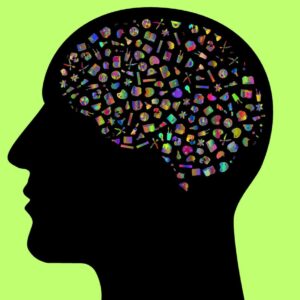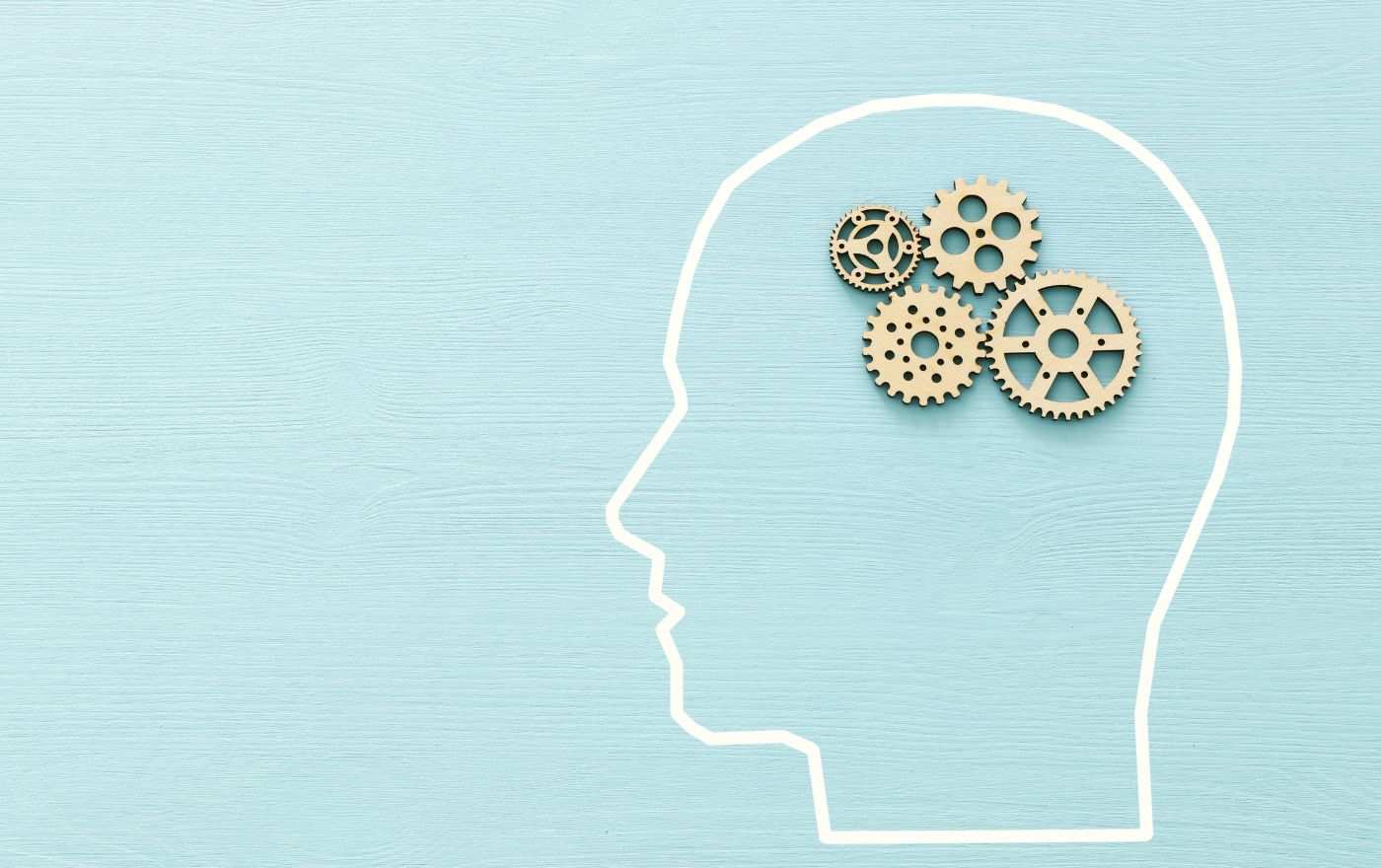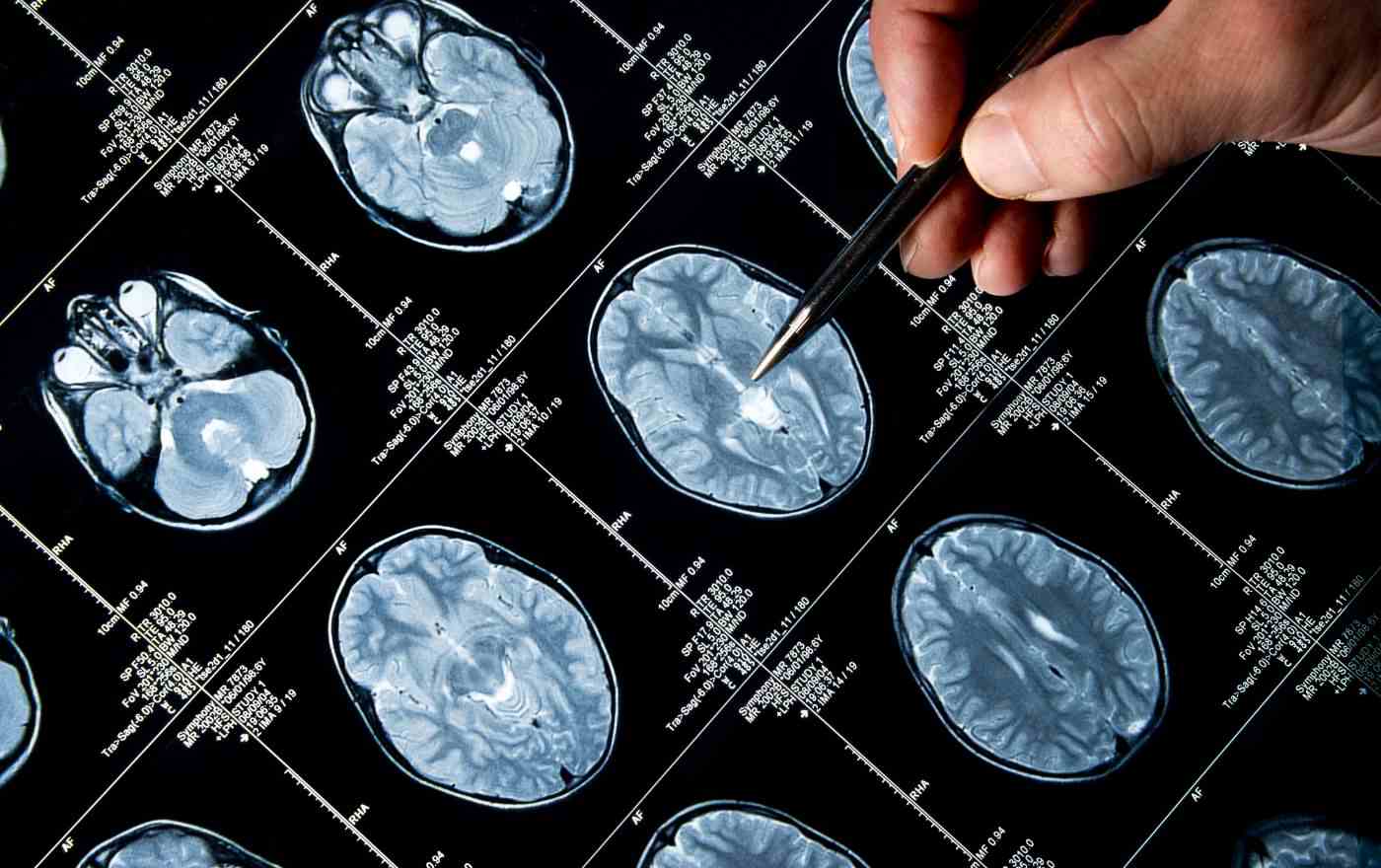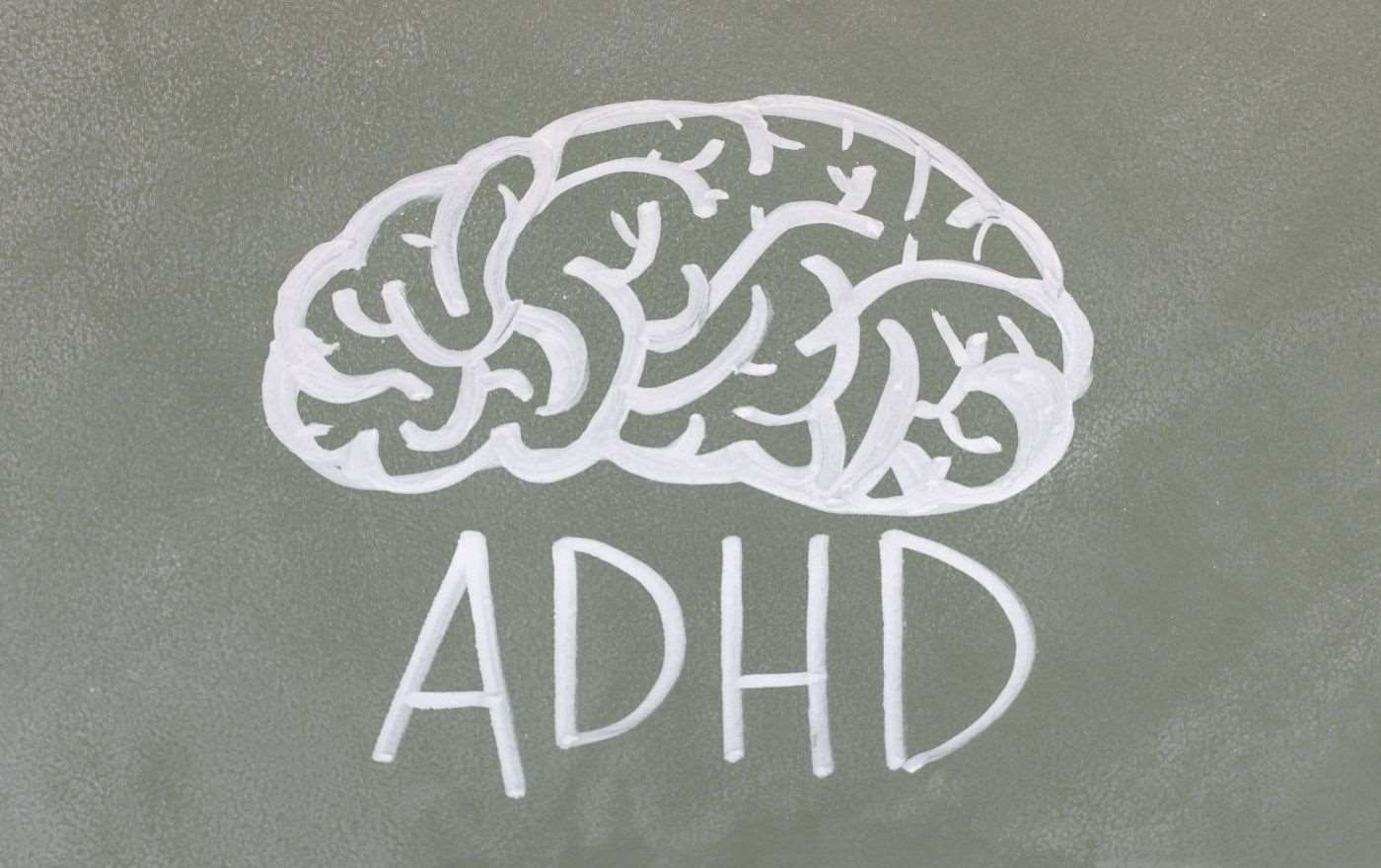
20 Dec Understanding Neurotransmitters: Dopamine and Norepinephrine
THE NEUROTRANSMITTER DIFFERENCE:
A LOOK INSIDE ADHD AND NON-ADHD BRAINS

Ever wonder what’s going on in your brain that makes you, well, you? The complex web of connections in your brain is powered by chemicals called neurotransmitters that determine how you think, feel, and act. For those with ADHD, the neurotransmitter connections in the brain differ in key ways that lead to the symptoms associated with the disorder, like trouble focusing, hyperactivity, and impulsiveness. Understanding the role of neurotransmitters dopamine and norepinephrine and how they differ in ADHD and non-ADHD brains provides insight into why you or your loved one may struggle with certain behaviors or excel in other ways. A glimpse inside the ADHD brain can help make sense of the challenges and harness the strengths that come with it.
Understanding Neurotransmitters and Their Role in the Brain
Understanding Neurotransmitters
Neurotransmitters are chemicals in your brain that transmit signals from one neuron to another. They’re essential for communicating information influencing your mood, behavior, cognition, etc.
If you have ADHD, the neurotransmitters dopamine and norepinephrine are particularly important to understand. Dopamine influences attention, motivation, reward processing, and movement. Norepinephrine impacts alertness and arousal.
In an ADHD brain, these neurotransmitters work differently. Researchers believe dopamine and norepinephrine pathways are impaired, causing a shortage of these chemicals in key areas of the brain that control attention and impulsivity.
This can make it hard to focus, control impulses, and regulate behavior and emotions. The good news is treatments for ADHD, like medication and therapy, are designed to help improve the activity of dopamine and norepinephrine in the brain.
- Dopamine: Low levels linked to inattention and hyperactivity. Medications increase dopamine to improve focus and self-control.
- Norepinephrine: Responsible for maintaining alertness and arousal. Low levels can cause issues with focus and cause restlessness. Medications aim to boost norepinephrine.
While differences in brain chemistry can present challenges, the ADHD brain has many strengths. With the right treatment and support, people with ADHD can thrive and achieve their full potential. Understanding how neurotransmitters contribute to ADHD is an important first step.
Brain Structure Differences in ADHD vs. Non-Adhd Brains
If you have ADHD, your brain is wired a bit differently. Two key neurotransmitters, dopamine and norepinephrine, don’t work the same in your brain as in a neurotypical brain.
Dopamine is crucial for motivation, reward, and attention. In an ADHD brain, dopamine levels are lower overall, and dopamine doesn’t spike as much in response to rewards or stimulation. This makes it harder to focus and stay on task. You may feel less motivated since you’re not getting the same “reward” feedback.
Norepinephrine regulates attention and arousal. In an ADHD brain, norepinephrine levels are also lower, making it more difficult to tune out distractions and “turn on” your attention. You may feel restless or hyperactive as your brain searches for stimulation.
In a neurotypical brain, neurotransmitter levels are balanced, and activity is regulated. Dopamine provides normal motivation and reward feedback, so focusing and completing tasks is easier. Norepinephrine is produced correctly to maintain attention when needed and avoid restlessness.
The differences in brain structure and neurotransmitter activity between ADHD and non-ADHD brains underscore why certain behaviors may present challenges for you—but understanding how your brain works can help in developing effective coping strategies and finding the right treatment plan. You’ve got this! With the proper support, you absolutely can thrive.

Dopamine and Norepinephrine: The Major Neurotransmitters Implicated in ADHD
If you have ADHD, the neurotransmitters dopamine and norepinephrine in your brain just aren’t doing their job like they should. These chemicals are responsible for motivation, focus, and reward processing. For those without ADHD, dopamine and norepinephrine levels rise and fall as needed to regulate attention and behavior.
In an ADHD brain, these neurotransmitters are impaired, causing problems with:
- Focus: Trouble focusing your attention on boring or mundane tasks. Your mind wanders, and you struggle to tune out distractions.
- Impulsivity: Acting without thinking due to a lack of self-control and delayed gratification. You need help with waiting your turn or sitting still.
- Hyperactivity: Excessive fidgeting, restlessness, and trouble sitting still. Your body seems to always be in overdrive.
- Motivation: Difficulty starting or completing tasks that you find tedious. You procrastinate and avoid activities that require sustained mental effort.
Studies show that people with ADHD tend to have lower levels of dopamine and norepinephrine activity in key areas of the brain that regulate these functions. Treatment for ADHD, whether behavioral therapy, medication, or a combination of the two, aims to increase and regulate these neurotransmitters to improve symptoms. Getting the right balance and timing of dopamine and norepinephrine is crucial. Too much or too little of either neurotransmitter can lead to problems with focus, impulsivity, and restlessness. Managing ADHD is about achieving neurotransmitter homeostasis – not too much or too little, but just the right amount of dopamine and norepinephrine for your unique brain chemistry.
Neurotransmitter Activity in Non-Adhd Brains
In a non-ADHD brain, neurotransmitters fire in a controlled and regulated manner. Dopamine levels rise and fall steadily in response to stimuli, allowing you to focus and feel rewarded. Norepinephrine activates to increase alertness and attention, dissipating when no longer required.
Neurotransmitter Activity in Non-ADHD Brains
Dopamine, the “motivation molecule,” activates in non-ADHD brains when you anticipate a reward or pleasure. It makes you feel good when you accomplish something or do an enjoyable activity. However, dopamine levels are not constantly elevated. They rise and fall in a controlled manner based on the situation. This allows you to focus your motivation and attention when needed.
Norepinephrine, the “alertness” neurotransmitter, kicks in when you need to concentrate or react quickly. It activates your fight or flight system, energizing and heightening your senses. But in normal brains, norepinephrine levels stabilize again once the situation passes. This prevents you from feeling constantly “on edge” or overstimulated.
Serotonin, the “mood regulator,” works in the background to keep your mood balanced and prevent extreme highs and lows. Healthy serotonin levels promote feelings of calmness and contentment.
When all neurotransmitters are firing as they should, you feel focused, motivated, and emotionally regulated. You can pay attention when needed, enjoy rewards and pleasures in moderation, and maintain an even keel. For the ADHD brain, however, this delicate balance of neurotransmitters is disrupted, leading to the symptoms associated with the disorder.

Neurotransmitter Imbalances in ADHD Brains
If you have ADHD, the neurotransmitters in your brain just aren’t firing the same way as in a neurotypical brain. Two key neurotransmitters involved in ADHD are dopamine and norepinephrine.
Dopamine
Dopamine is crucial for motivation, reward-seeking behavior, and impulse control. In an ADHD brain, dopamine activity is lower in areas important for motivation and reward. This can make it hard to start tasks and make good choices. Medications for ADHD often target dopamine to improve focus and decision-making.
Norepinephrine
Norepinephrine impacts alertness and arousal. For those with ADHD, norepinephrine levels are lower in parts of the brain, which is important for attention regulation. This can lead to trouble focusing and make you prone to distractions. Some ADHD medications increase norepinephrine activity in the brain to help improve focus and concentration.
While the neurotransmitter activity in a neurotypical brain is balanced and efficient, in an ADHD brain, it’s just not hitting the target. The good news is, with treatment like medication, therapy, lifestyle changes, or often a combination, you can get your neurotransmitters firing on all cylinders so you can thrive and succeed. Understanding what’s happening in your brain is the first step to getting your needed help and support.
Conclusion
So there you have it – a look inside the brain to see what’s happening with ADHD. The differences in neurotransmitter activity between an ADHD and non-ADHD brain highlight why certain symptoms manifest and behaviors emerge. Now that you understand the underlying mechanisms, you can see ADHD differently. Rather than labeling it as a disorder, view it as a different cognitive style that, while challenging, has its strengths. The key is learning coping strategies to minimize the impacts of the symptoms that cause problems while harnessing the upsides. Understanding the science helps remove the stigma and allows you to advocate for yourself or your child. Knowledge is power, so keep learning and spreading awareness about how amazing and complex the human brain is, ADHD or not.
Craig Selinger
Latest posts by Craig Selinger (see all)
- Psychotherapy and Support Services at Cope With School NYC - April 12, 2024
- NYC Parents of Teens Support Group - April 8, 2024
- Here I Am, I Am Me: An Illustrated Guide to Mental Health - April 4, 2024


No Comments